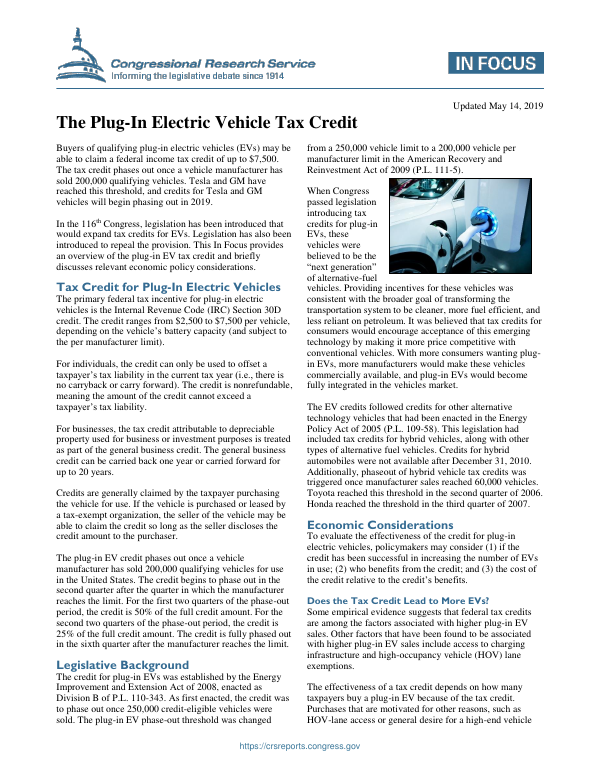
In addition, caps on vehicle prices and buyer incomes are intended to disqualify wealthier buyers. What's known so far is that to qualify for the credit, new EVs must be made in North America. For people who buy a used vehicle that runs on battery power, a $4,000 credit will be available.īut the question of which vehicles and buyers will qualify for the credits is complicated and will remain uncertain until Treasury issues the proposed rules in March.

The credit of up to $7,500 will be offered to people who buy certain new electric vehicles as well as some plug-in gas-electric hybrids and hydrogen fuel cell vehicles. The new tax credit, which lasts until 2032, is intended to make zero-emission vehicles affordable to more people.

Several EV models made by Kia, Hyundai and Audi, for example, won't qualify because they are manufactured outside North America. The new law also provides a smaller credit for people who buy a used EV.Ĭertain EV brands that were eligible for a separate tax credit that began in 2010 and that will end this year may not be eligible for the new credit. Joe Manchin, D-W.Va., who says it could circumvent the intent of the law to favor American manufacturing.įor at least the first two months of 2023, though, a delay in some of Treasury's rules will likely make the full credit temporarily available to consumers who meet certain income and price limits.

One big loophole that allows tax credits for EVs purchased for “commercial” use, such as leasing or ride-share, even if they are foreign-made is drawing the ire of Sen. The Treasury Department is rolling out more information on which vehicles qualify and how individuals and businesses can access credit beginning in 2023. The credit, part of changes enacted in the Inflation Reduction Act, is designed to spur EV sales and reduce greenhouse emissions.īut a complex web of requirements, including where vehicles and batteries must be manufactured to qualify, is casting some doubt on whether anyone can receive the full $7,500 credit next year. 1, many Americans will qualify for a tax credit of up to $7,500 for buying an electric vehicle.


 0 kommentar(er)
0 kommentar(er)
